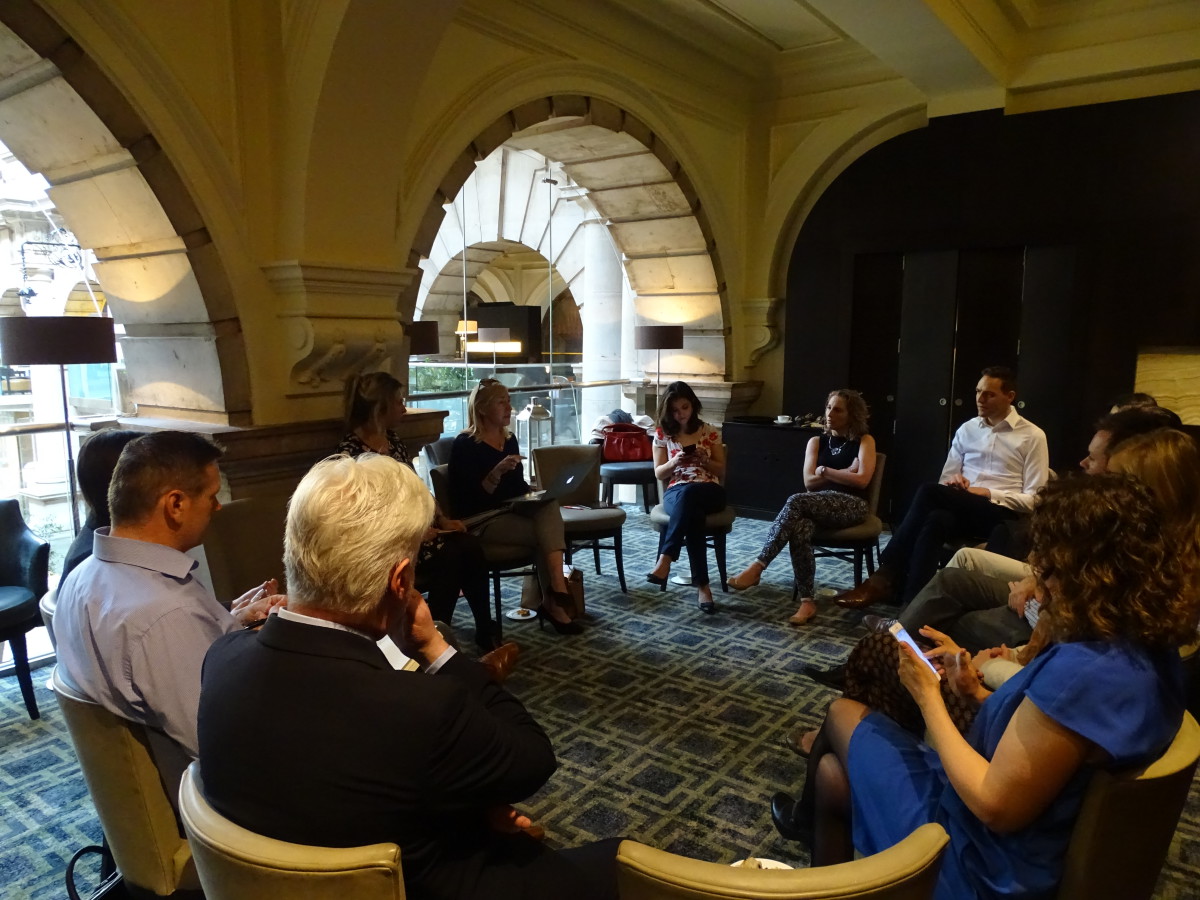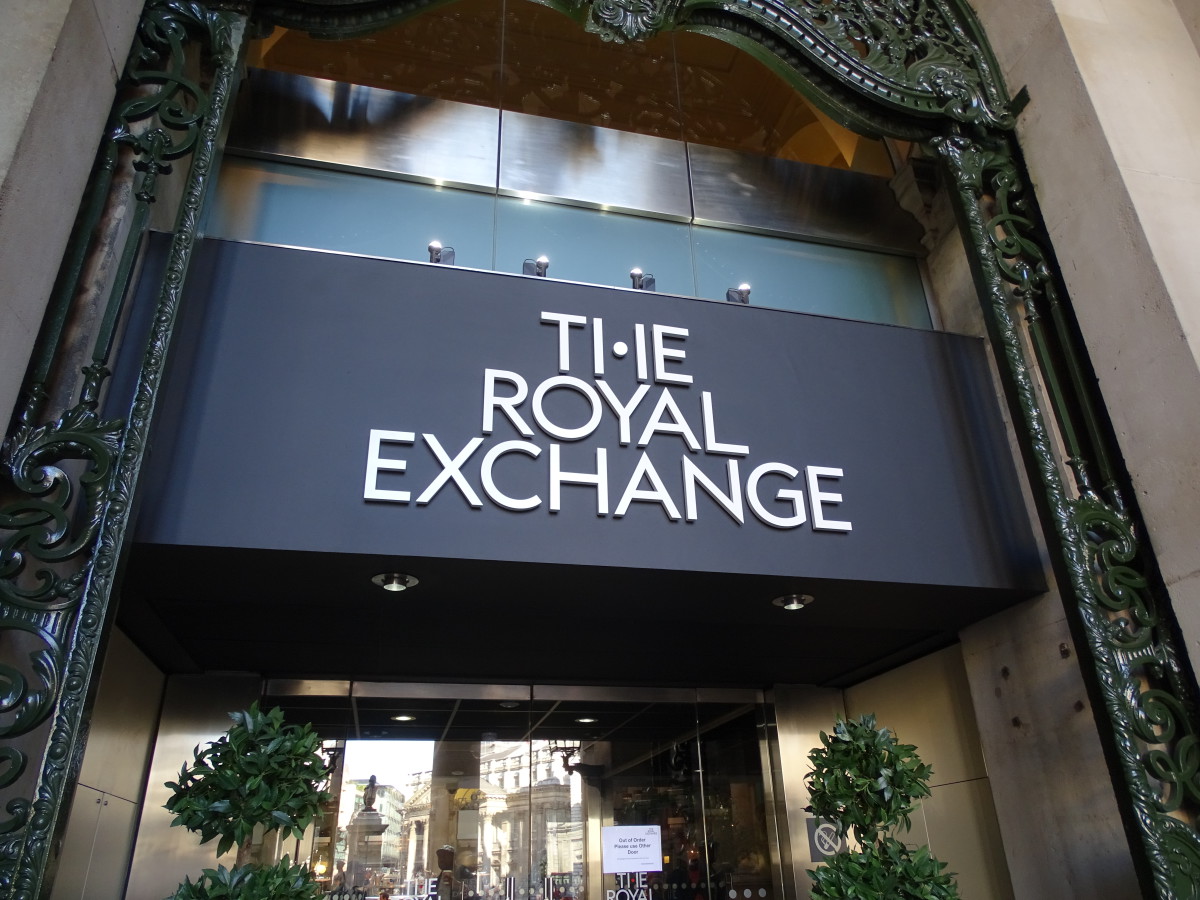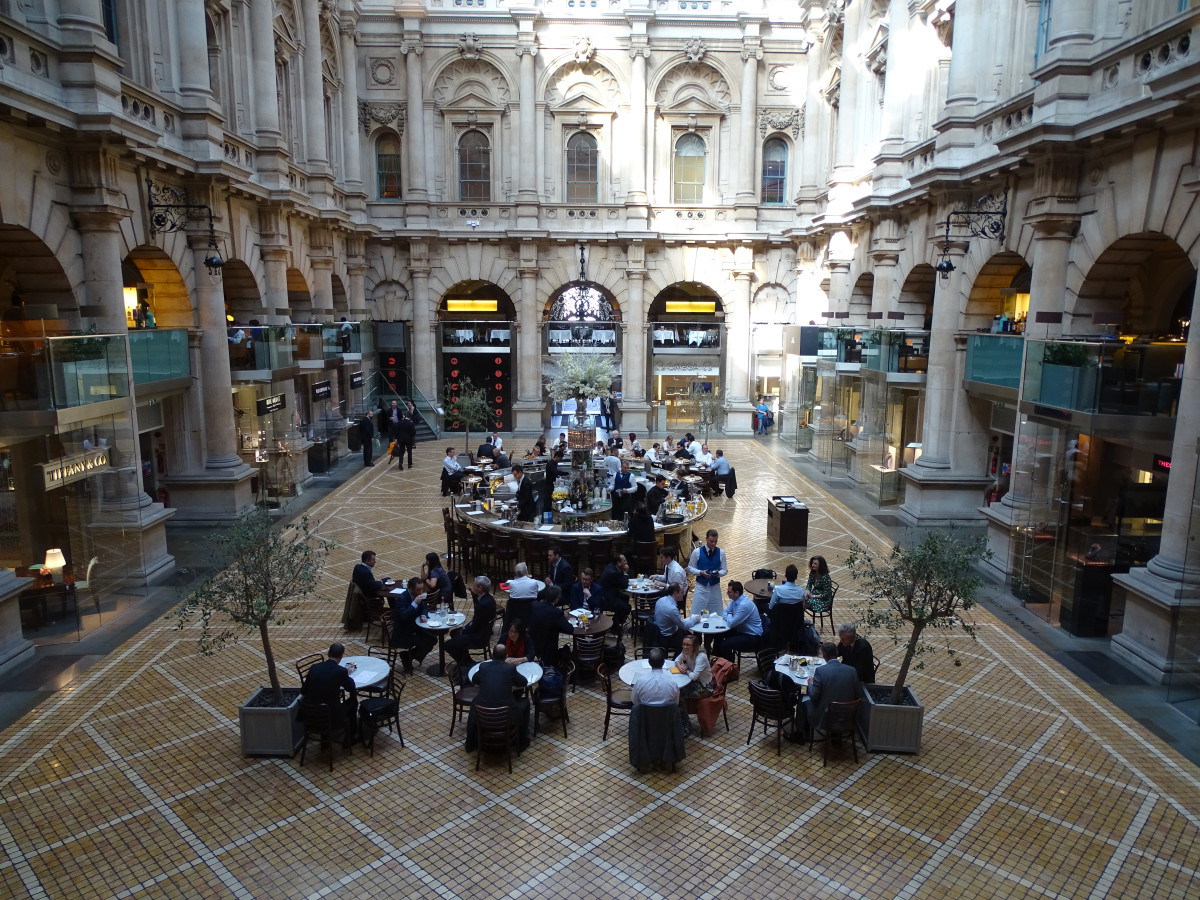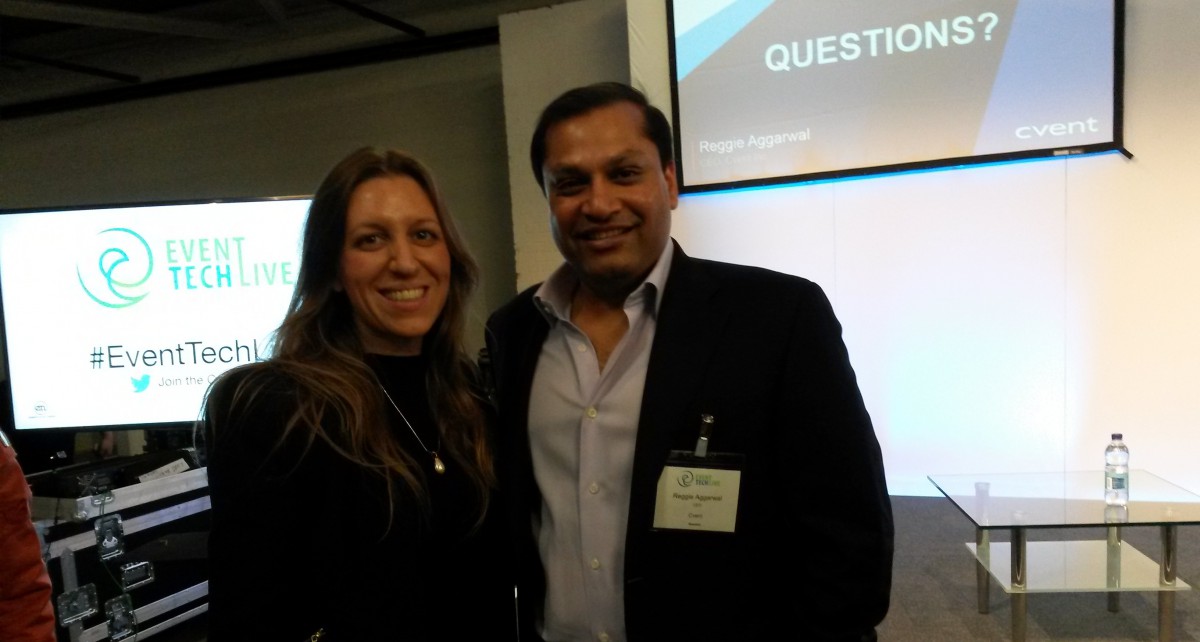Last year the discussion academia vs. experience hit headlines in industry press and was widely discussed at events until the industry concluded it’s not “vs.” anymore and event professionals require both education and experience. Now the discussion is about closing the gap between event education and experience, what companies are looking for in graduates, what is the required skill set to succeed in our competitive industry and how to standardise it across the nation.
Last week I attended the EWL Club London breakfast event at the Royal Exchange hosted by Claire Derrick, Director of Education at Ashdown Academy to discuss the balance between commercial and education needs in the events industry and the importance of the two.
First of all, we need to understand the difference between education, training and development. Education is the knowledge and skills resulting from instructions. Training is teaching a specified skill through practice. Development are activities that are not specifically job related but related to personal and organisations growth.
The conversation began with discussion about skills set required from new recruits. People who come in fresh don’t have the basic skills required such as venue search, liaising with clients etc. and school can make them feel confident enough to hold a conversation, pick up the phone etc. Education is needed to make graduated confident enough to “put themselves out there” and when employers interview people they should hire for attitude and train for skills.
Young people need guidance and direction before committing to pursue any type of education, to understand what they need to do to get where they want to be. Not knowing what options are there in hospitality, hotel management and events and undecided whether to go to college or university they might “fall into the industry” doing low paid jobs. Institutions such as Ashdown Academy can be a good option to explore opportunities. In other countries, such as Switzerland, you can’t just fall into it (hospitality industry) and very long training is required, both academic and theoretical. Being a national standard, service companies will look to hire from a hotel management school where these skills are taught to the highest level. Events sector, on the other hand, is not recognised enough and get pushed to tourism and hospitality so changing this perception will drive the change we want in terms of training and education.
Pursuing a degree has several benefits. The first added value of education is that those skills taught at university such as creative thinking, communication, presentation skills, teamwork and ability to liaise confidently are transferable and can be developed through proper academic education.
Secondly, students get a very broad perspective on the issues affecting the industry at large and get to know the different types of events, the challenges and eco-systems. When they enter the job market they are aware of the issues and have a more lateral thinking perspective on them. Education gives more ideas and being able to give input.
Businesses have the responsibility to train the people to do better. One of the ways to check candidates’ suitability for a job is to take them through a job application process that tests the different skills required, e.g. – CV, ask them to prepare a power point presentation, Skype interview and face-to-face interview. Also today, CV is not enough, employers can check candidates on social media, what content they post and how they interact online. Today, talent attraction takes place in the digital environment. There is conversion taking place between the live event and digital and we use technology to amplify the live experience. Events are very often focused on the logistics and very little are given to the digital element of events: pre, during and post event. There is a skill and knowledge gap in understanding the role of digital and should be developed.
Lastly, we also talked about the high turnover of staff that greatly affects our industry and said that that’s where the industry is failing recruits if they can’t train them properly. Managers should be trained as well to be able to train new talent.
I liked the choice of venue, was perfect for our small group discussion and very attentive service by D & D London. In the end of the event they also offered us small boxed for a takeaway, great way to reduce food waste.
It was a very interesting discussion and we could go on and on discussing and debating the topic. What do you think? What is the balance between commercial and education? Is it up to the company or the individual employee to get training?












Very interesting article!
By the way, the soft skills taught at hotel schools are also very much in demand in many other sectors of the economy, such as marketing or any position where young people with an experience in team management are in demand.
Thanks Vince. It’s important that soft skills taught in hotel management schools, such as team management, are transferable and can be of use in other sectors.
Interesting perspective – thank you for sharing this.